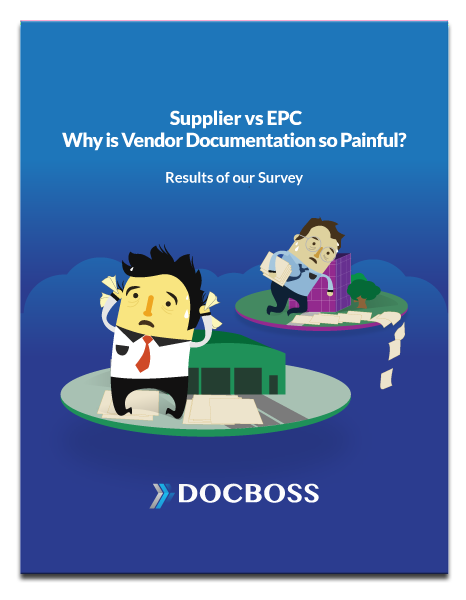
Supplier Action Points for better Document Control
If you’re a process equipment supplier (manufacturer, fabricator, rep) who submits custom engineering documentation to your customers (EPCs) at the…

The worldwide public cloud services market is projected to grow 17.2 percent in 2016 to total $208.6 billion, up from $178 billion in 2015, according to Gartner, Inc.
While public cloud computing is growing in popularity, it’s not the only option. You might also consider a private cloud or hybrid cloud option depending on your needs. What are the differences between each and why consider one over the other?
Private cloud
Private cloud apps are those that are created and managed by a specific company for their own personal use that is maintained on a private network. A private cloud app is one that is designed with their specific needs in mind which is one of the main benefits. This means you can design it to be as scalable as you require. Another benefit of the private cloud is the instance where you have information of a sensitive nature that you don’t want shared on a public network. A potential drawback of the private cloud is that you require staff that have the skills and expertise to build and maintain such an app. This includes the ongoing security of the application and all upgrades, patches, etc. Building such an application yourself can end up being very expensive in the long term in this regard. Some companies have policies that require all or certain data to be hosted internally which can limit their ability as a business to consider anything but a private cloud app.
Public cloud
A public cloud application (like DocBoss) is one that is available to a large number of people and is offered through the Internet by way of offsite infrastructure ie. you typically login to the application using your Internet browser. Salesforce and Netsuite are two popular examples of public cloud applications that are widely in use. A public cloud application is designed, built, maintained and supported by the third party provider who created it. Since a public cloud application has already been created, you don’t spend money to build it yourself and don’t require staff to maintain it since that’s done by the provider. You simply use the application so setup and rollout is typically not something you have to spend much time with and there is no sunk cost since you didn’t build it yourself. A potential downside might be with regards to your ability to customize the application as you require but then again you might find an app that meets your needs as is, since it was purpose-designed to meet the needs of a wide audience.
Hybrid cloud
A hybrid cloud is one that as the name suggests involves aspects of both private and public clouds. This typically means that it will involve infrastructure located at multiple locations that encompass on-premises private cloud as well as third-party located public cloud services. A hybrid cloud scenario could be one where highly sensitive data is kept onsite in the private cloud and less sensitive data is hosted by a third-party (Amazon Web Services for example) externally in the public cloud.
 What makes the most sense for your business?
What makes the most sense for your business?
Up until recently, companies generally mentioned security as the main concern related to cloud computing usage. But as cloud computing becomes more prevalent, security has become stronger and according to recent surveys, lack of expertise/resources is now the number one concern that businesses have regarding the cloud.
As mentioned above though, this concern is one that is specific to both the private and hybrid cloud options since they’re the ones that require your own staff to do all (private cloud) or part (hybrid cloud) of the work building and maintaining the app. The development and maintenance of a public cloud application such as DocBoss is handled by the provider, freeing you up to focus on your core business.
DocBoss is the only true document control system for
suppliers. Book a quick demo to see how we help process
equipment suppliers make more profit with less pain.